ETHIOPIA'S NATIONAL
BIODIVERSITY PLATFORM:
DRIVING COLLABORATIVE ACTION FOR BIODIVERSITY
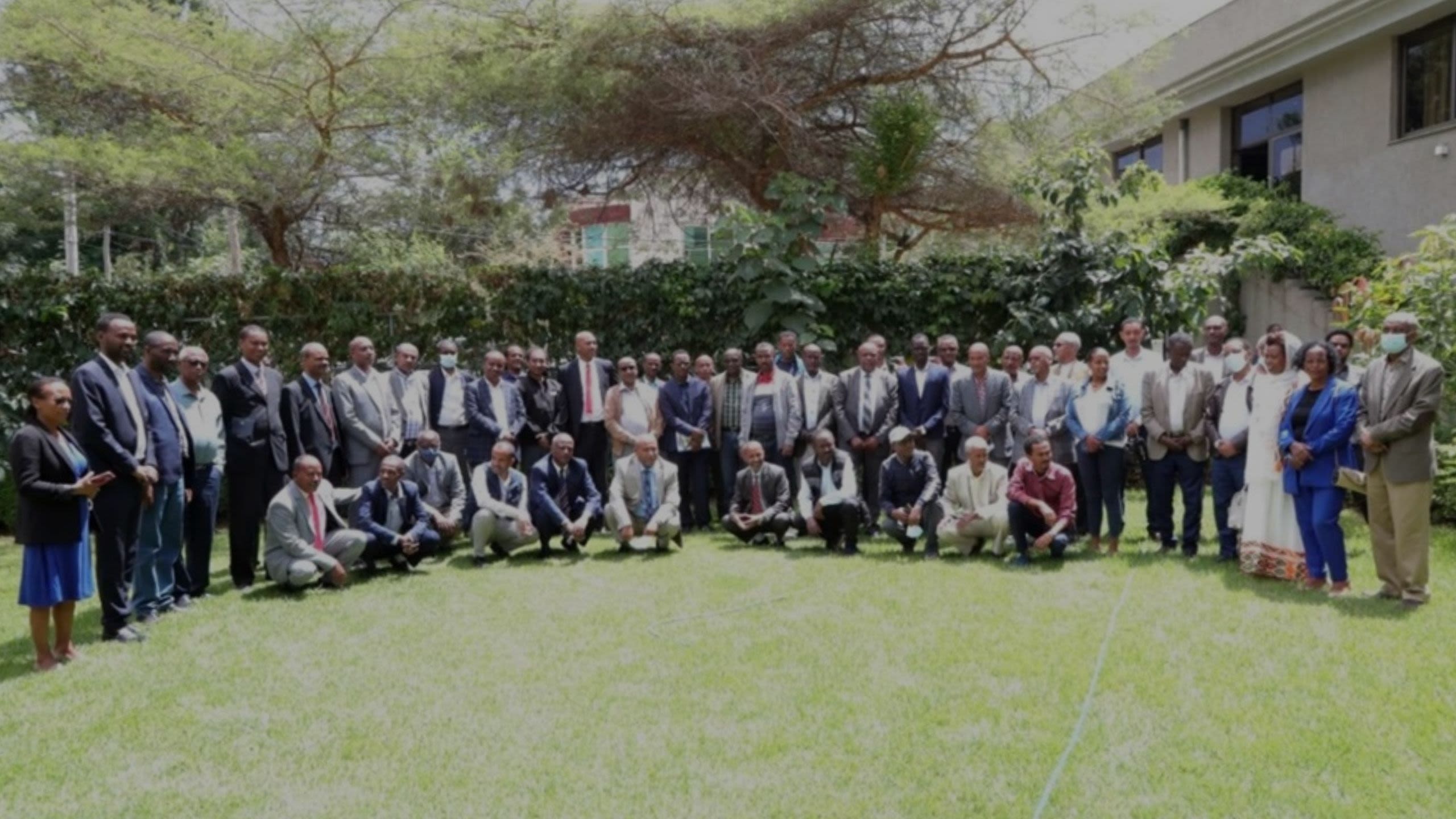
In the heart of Africa, Ethiopia is known for its breathtaking landscapes, ranging from the towering peaks of the Simien Mountains to the lush, verdant valleys of the Great Rift. This natural beauty is not just a scenic backdrop – it is the lifeblood of the nation’s biodiversity and its people’s livelihoods. The Ethiopian National Biodiversity Platform (NBP-Ethiopia), established in May 2022 with the support of BES-Net, is at the forefront of efforts to preserve this rich natural heritage. This platform unites a wide array of stakeholders working towards a common goal, embodying a shared commitment to biodiversity conservation.
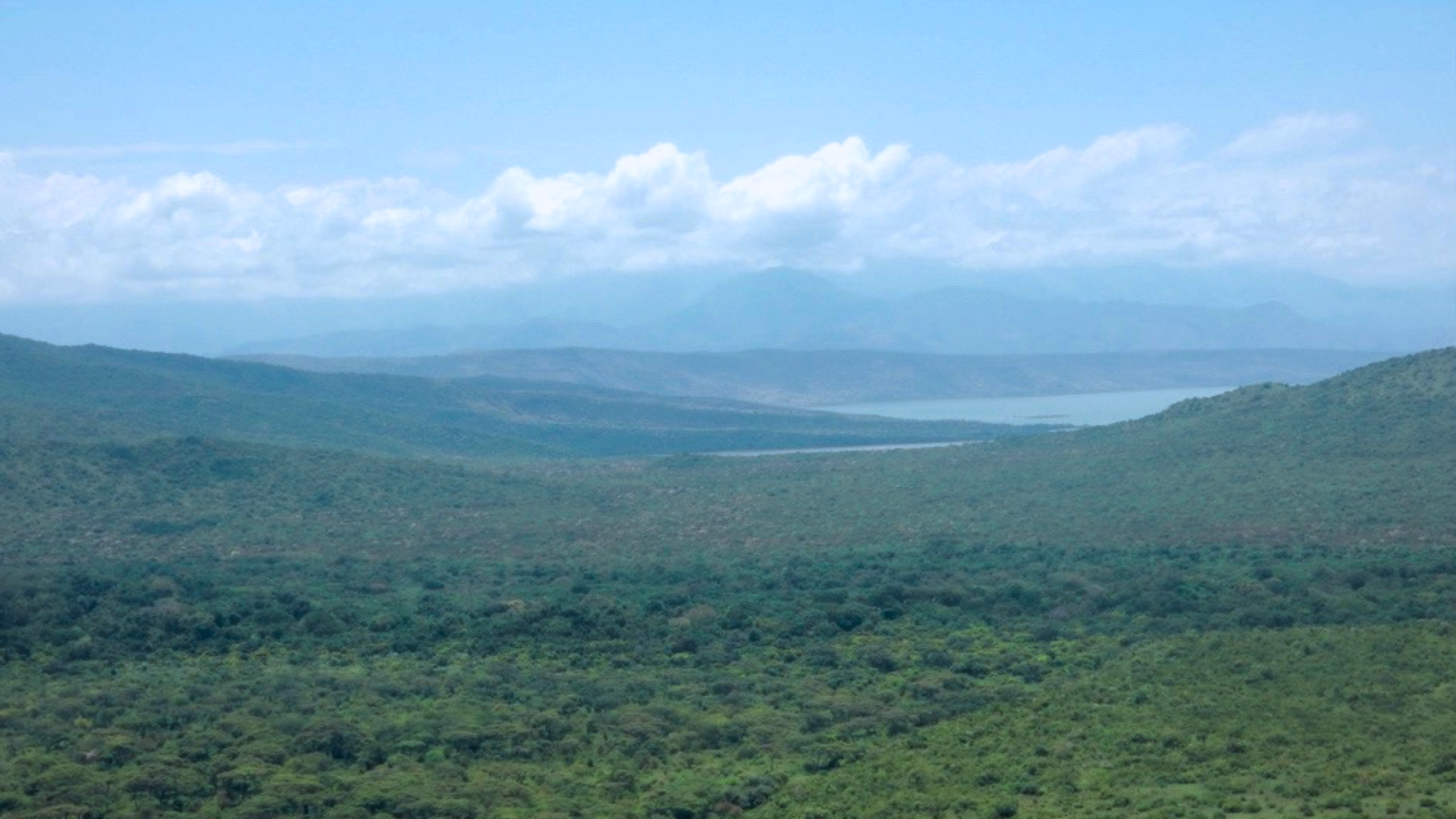
NBP-Ethiopia originated from the National Ecosystem Assessment (NEA) initiative, which highlighted the critical necessity for collaborative conservation efforts. Coordinated by the Ethiopian Biodiversity Institute (EBI) with support from the UN Environment Programme World Conservation Monitoring Centre (UNEP-WCMC), the assessment was a comprehensive, multi-year initiative evaluating the status and trends of Ethiopia’s ecosystems and their services. The assessment involved over forty professionals from various fields and institutions nationwide, emphasizing the importance of integrating scientific, traditional and local knowledge into national conservation strategies. One of the key achievements during the assessment process was the establishment of NBP-Ethiopia to promote knowledge co-creation. The platform has since evolved further as a mechanism through which to facilitate ongoing collaboration among stakeholders with BES-Net’s catalytic seed fund support, the BES Solution Fund.
Dr. Feleke Woldeyes, the Intergovernmental Science-Policy Platform on Biodiversity and Ecosystem Services (IPBES) National Focal Point and Deputy Director General of EBI, reflects on the platform’s establishment: “We consider the national biodiversity platform as one of the main outcomes of the national ecosystem assessment. After its establishment, it began its task by adopting the national ecosystem assessment. Through the subcommittees, we are attempting to execute the annual work plans of the biodiversity platform. Stakeholders really showed commitment to discharge the responsibilities assigned to them. This all happened because of the platform – these are the benefits of having a platform with diverse stakeholders.”
”Stakeholders really showed commitment to discharge the responsibilities assigned to them. This all happened because of the platform – these are the benefits of having a platform with diverse stakeholders.”
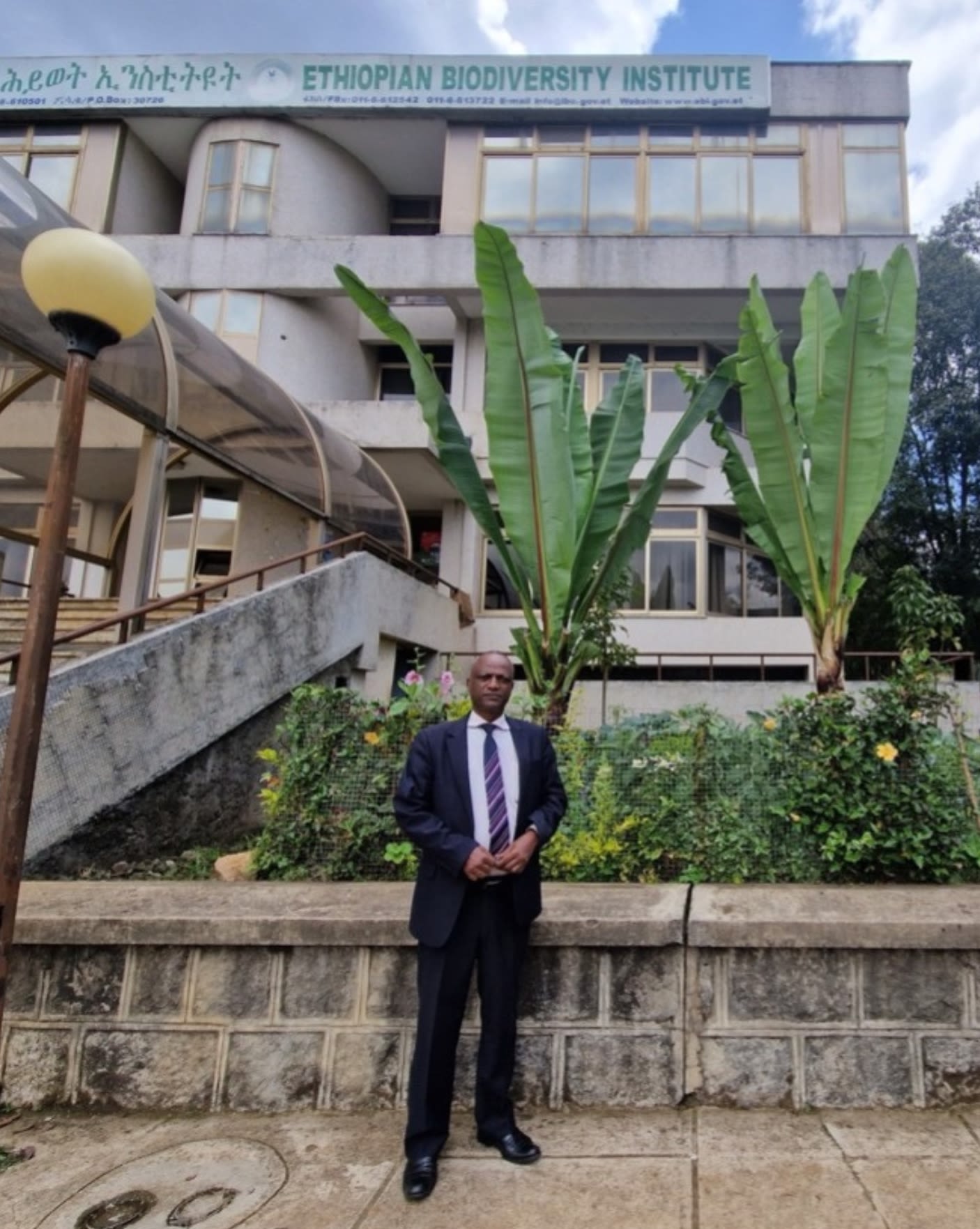
NBP-Ethiopia originated from the National Ecosystem Assessment (NEA) initiative, which highlighted the critical necessity for collaborative conservation efforts. Coordinated by the Ethiopian Biodiversity Institute (EBI) with support from the UN Environment Programme World Conservation Monitoring Centre (UNEP-WCMC), the assessment was a comprehensive, multi-year initiative evaluating the status and trends of Ethiopia’s ecosystems and their services. The assessment involved over forty professionals from various fields and institutions nationwide, emphasizing the importance of integrating scientific, traditional and local knowledge into national conservation strategies. One of the key achievements during the assessment process was the establishment of NBP-Ethiopia to promote knowledge co-creation. The platform has since evolved further as a mechanism through which to facilitate ongoing collaboration among stakeholders with BES-Net’s catalytic seed fund support, the BES Solution Fund.
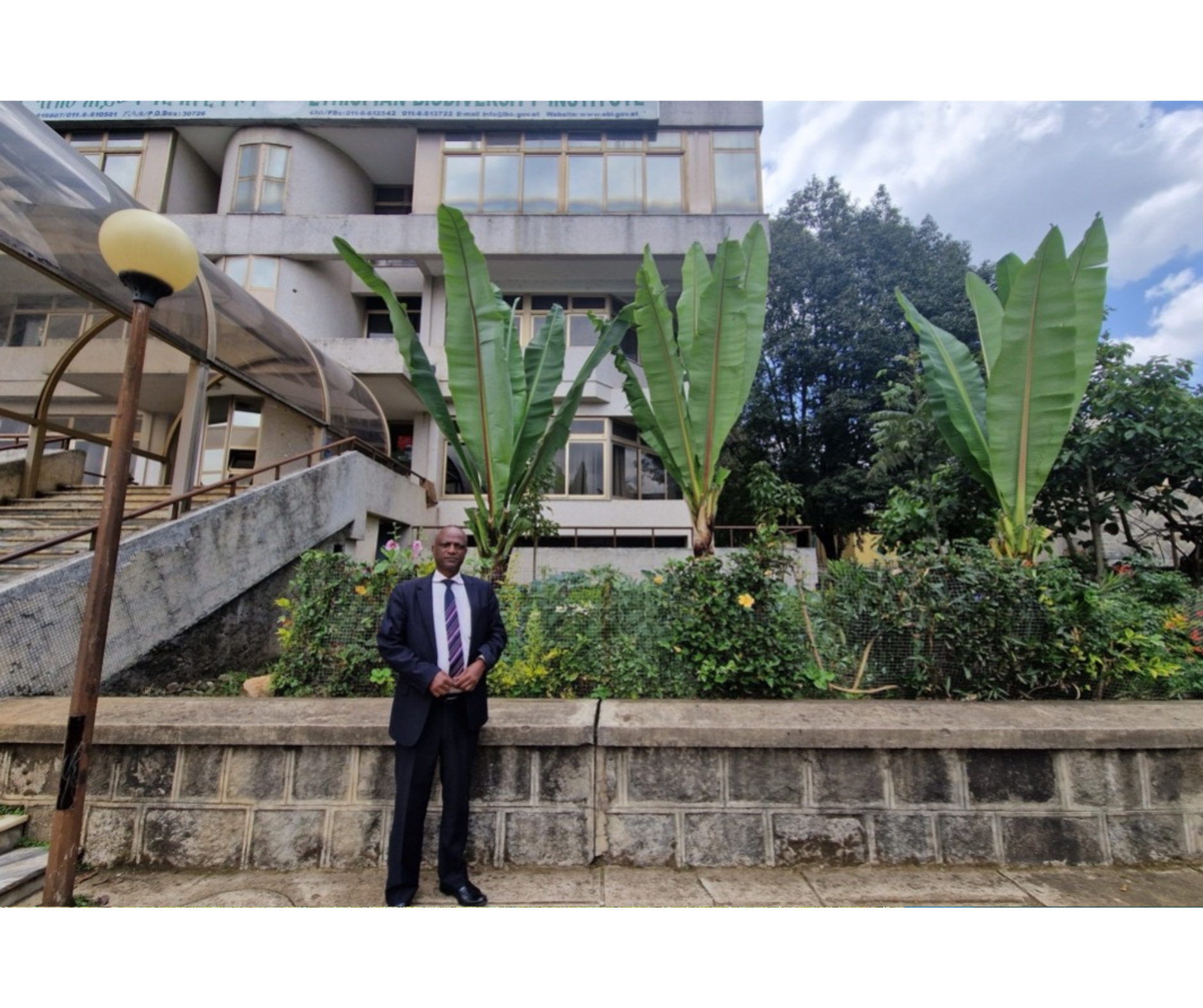
Dr. Feleke Woldeyes, the Intergovernmental Science-Policy Platform on Biodiversity and Ecosystem Services (IPBES) National Focal Point and Deputy Director General of EBI, reflects on the platform’s establishment: “We consider the national biodiversity platform as one of the main outcomes of the national ecosystem assessment. After its establishment, it began its task by adopting the national ecosystem assessment. Through the subcommittees, we are attempting to execute the annual work plans of the biodiversity platform. Stakeholders really showed commitment to discharge the responsibilities assigned to them. This all happened because of the platform – these are the benefits of having a platform with diverse stakeholders.”
”Stakeholders really showed commitment to discharge the responsibilities assigned to them. This all happened because of the platform – these are the benefits of having a platform with diverse stakeholders.”
The platform is meticulously structured to maximize its impact. It includes an executive committee and three subcommittees focusing on multidisciplinary collaboration, capacity-building and the inclusion of local knowledge. This framework ensures that diverse perspectives are incorporated into decision-making processes, enhancing the platform’s effectiveness. Therefore, at the core of NBP-Ethiopia’s success is its commitment to engaging a diverse range of stakeholders. Government officials, academics, researchers, civil society representatives, private sector actors, farmers and local communities all have a voice. Dr. Melesse Maryo, the Convention on Biological Diversity (CBD) National Focal Point and Director General of EBI, highlights the importance of this inclusive approach: “The positive aspect of this approach is that once policy issues are incorporated, it becomes easier for us to instigate societal change through these individuals. They are our agents of change and have the capacity to influence societal perspectives.”
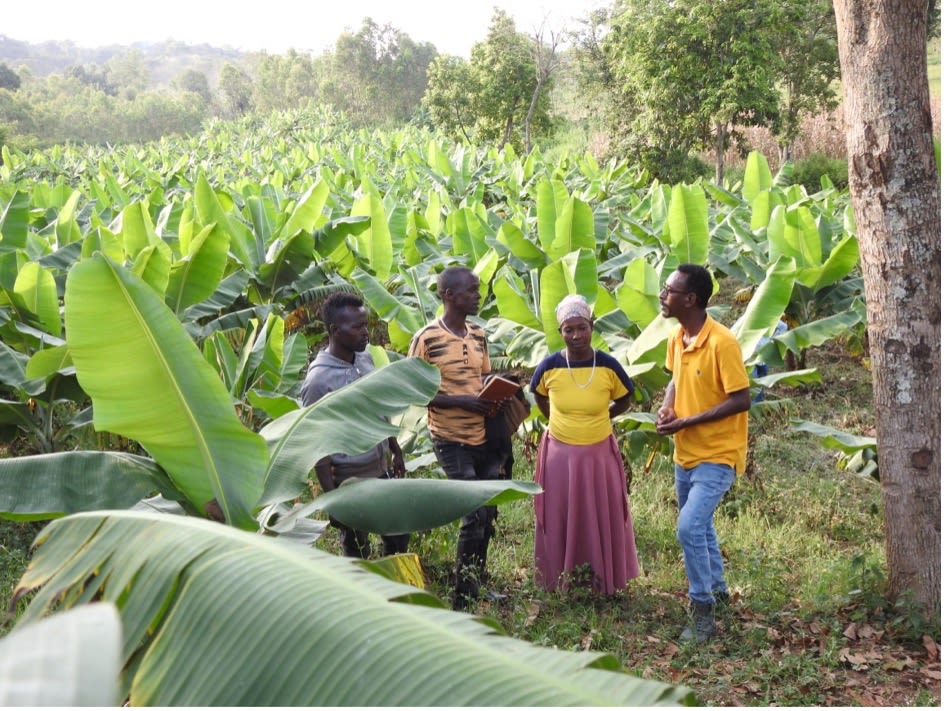
”They are our agents of change and have the capacity to influence societal perspectives.”
”They are our agents of change and have the capacity to influence societal perspectives.”
However, stakeholder engagement is not a one-size-fits-all endeavour. The platform employs a variety of methods, including annual meetings, workshops and collaborative projects, ensuring continuous dialogue and fostering a sense of ownership and commitment among participants from diverse backgrounds and walks of life.
Since its establishment, NBP-Ethiopia has celebrated multiple milestones, many of which were made possible through the BES Solution Fund. One of the most significant is the successful national ecosystem assessment implementation, highlighted by Dr. Melesse: “What we did that was significant was that the national ecosystem assessment was not done by one, two or three people, but forty. Forty different professionals from various universities across the country came together for this common project.”
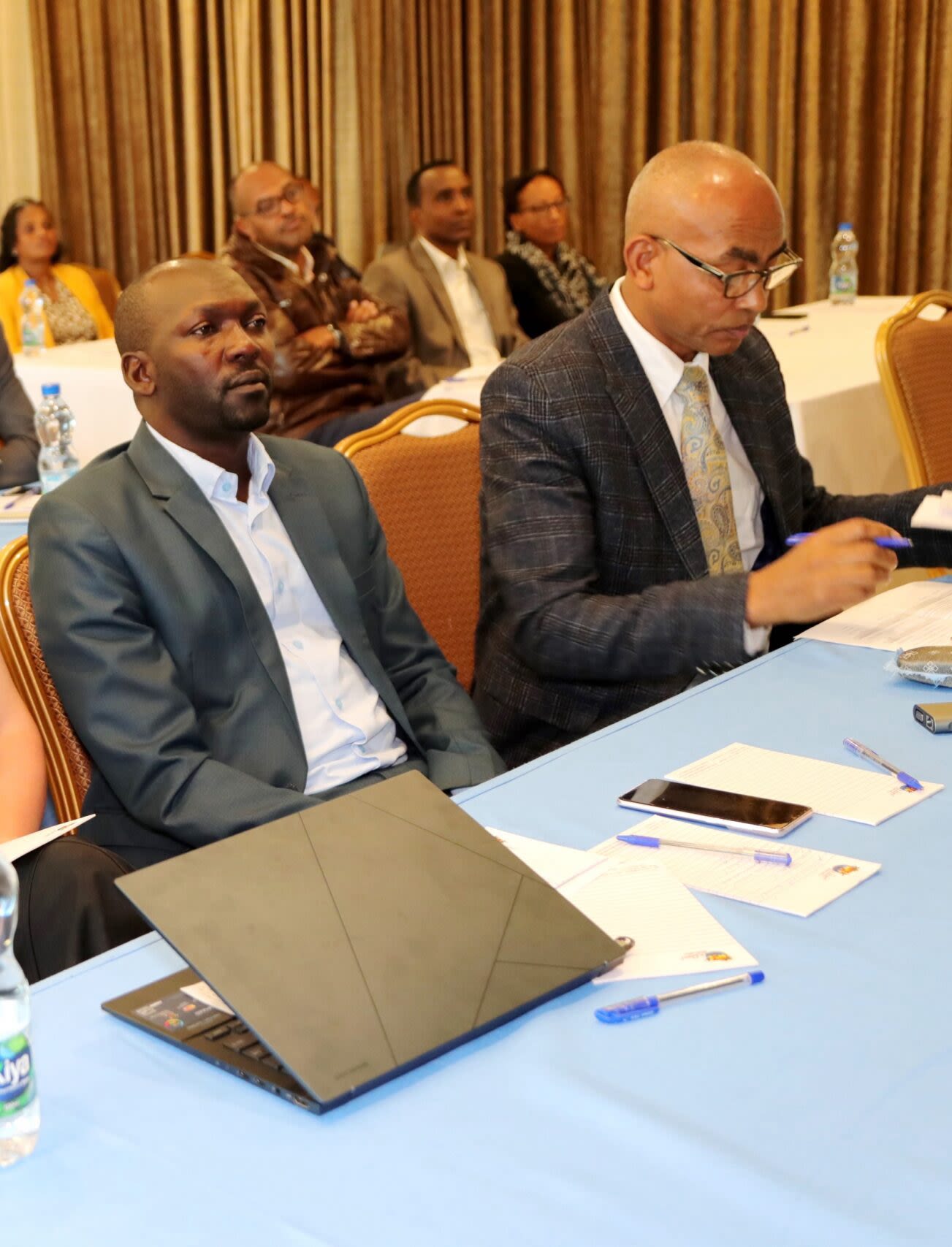
However, stakeholder engagement is not a one-size-fits-all endeavour. The platform employs a variety of methods, including annual meetings, workshops and collaborative projects, ensuring continuous dialogue and fostering a sense of ownership and commitment among participants from diverse backgrounds and walks of life.
Since its establishment, NBP-Ethiopia has celebrated multiple milestones, many of which were made possible through the BES Solution Fund. One of the most significant is the successful national ecosystem assessment implementation, highlighted by Dr. Melesse: “What we did that was significant was that the national ecosystem assessment was not done by one, two or three people, but forty. Forty different professionals from various universities across the country came together for this common project.”

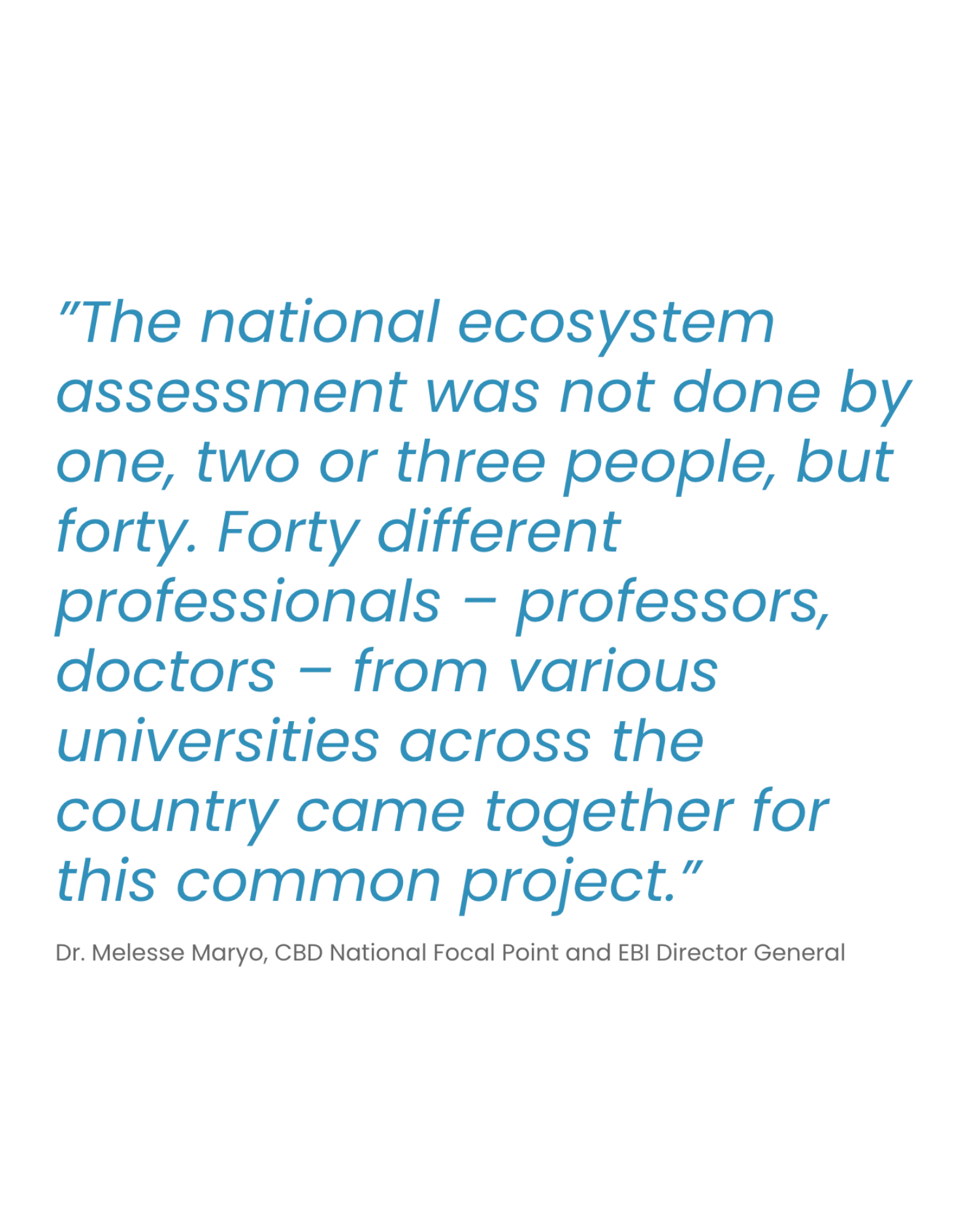
Despite its many successes, NBP-Ethiopia is still charting its way into the future. Ensuring the platform’s sustainability is paramount, as Dr. Feleke explains with his steadfast determination: “Establishing a platform or a network is one thing, while ensuring its sustainability is another. We understand this very well. Therefore, we are trying to put in place a strategy to ensure the sustainability of the platform.” Resource limitations, both financial and human, could all pose potential obstacles to future endeavours. Yet, the platform is proactively addressing these issues through strategic planning and capacity-building initiatives. Dr. Melesse, reflecting on his deep connection to nature from his rural upbringing to his role as a leading scientist and conservationist, dreams big: “My dream is to become a good, exemplary and excellent biodiversity institution responsible for conservation, sustainable use and equitable benefit-sharing of biodiversity resources in the country.”
NBP-Ethiopia serves as a shining example of dedication and progress. By fostering inclusive dialogue and collaboration among diverse stakeholders, it has created a robust framework for addressing Ethiopia’s biodiversity challenges. Reflecting on the platform’s mission, Mr. Araya contemplates the importance of this collaborative effort: “We have given it much attention because it is very important for our future – reaching our people in far-flung areas. This will be emphasized in different regions, which are far from Addis Ababa and in remote areas, pastoral and agropastoral areas. In the beginning, there were few collaborators, but now, more are joining. We will join hands not only for implementation but also for mobilizing resources. This will be a fundamental component of the versatile activities and vision that we are building together.”
”The national ecosystem assessment was not done by one, two or three people, but forty. Forty different professionals from various universities across the country came together for this common project.”
Despite its many successes, NBP-Ethiopia is still charting its way into the future. Ensuring the platform’s sustainability is paramount, as Dr. Feleke explains with his steadfast determination: “Establishing a platform or a network is one thing, while ensuring its sustainability is another. We understand this very well. Therefore, we are trying to put in place a strategy to ensure the sustainability of the platform.” Resource limitations, both financial and human, could all pose potential obstacles to future endeavours. Yet, the platform is proactively addressing these issues through strategic planning and capacity-building initiatives. Dr. Melesse, reflecting on his deep connection to nature from his rural upbringing to his role as a leading scientist and conservationist, dreams big: “My dream is to become a good, exemplary and excellent biodiversity institution responsible for conservation, sustainable use and equitable benefit-sharing of biodiversity resources in the country.”
NBP-Ethiopia serves as a shining example of dedication and progress. By fostering inclusive dialogue and collaboration among diverse stakeholders, it has created a robust framework for addressing Ethiopia’s biodiversity challenges. Reflecting on the platform’s mission, Mr. Araya contemplates the importance of this collaborative effort: “We have given it much attention because it is very important for our future – reaching our people in far-flung areas. This will be emphasized in different regions, which are far from Addis Ababa and in remote areas, pastoral and agropastoral areas. In the beginning, there were few collaborators, but now, more are joining. We will join hands not only for implementation but also for mobilizing resources. This will be a fundamental component of the versatile activities and vision that we are building together.”
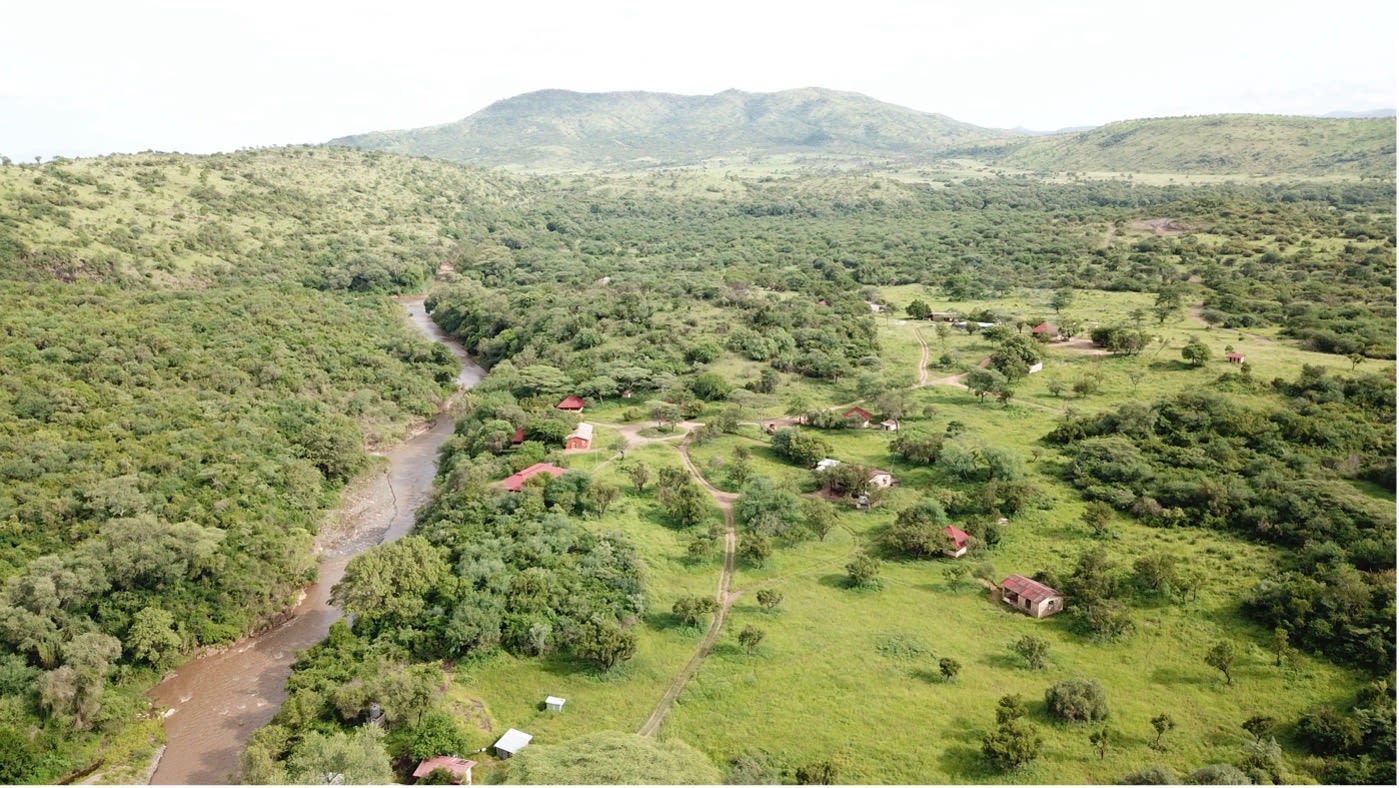
This remarkable progress has been made possible through the support of the BES-Net project and the BES Solution Fund, financially supported by the German Federal Ministry for the Environment, Nature Conservation, Nuclear Safety and Consumer Protection through the International Climate Initiative. These contributions have been instrumental in bridging the gap between evidence and action in Ethiopia. Looking to the future, NBP-Ethiopia aims to build on its achievements, address challenges head-on and implement strategies to ensure its sustainability. Through continued collaboration and innovation, Ethiopia is positioned to lead the way in preserving its rich natural heritage, paving the way to a nature-positive future.

